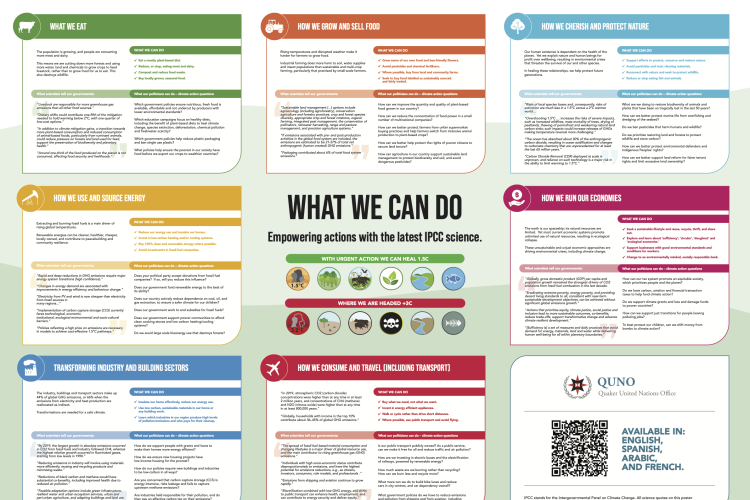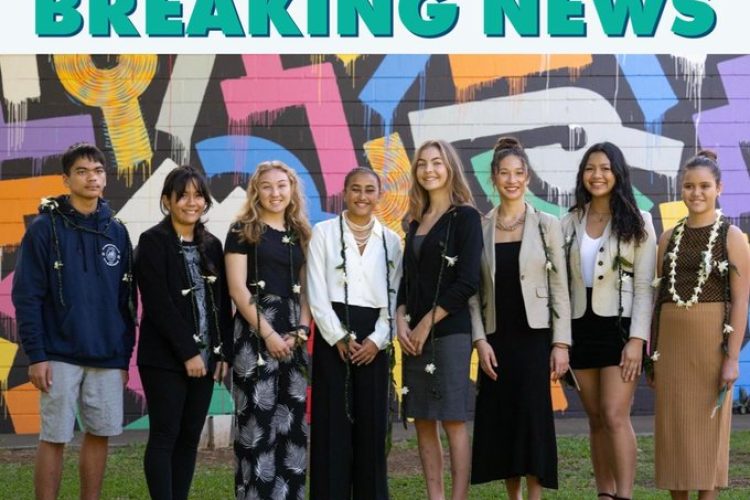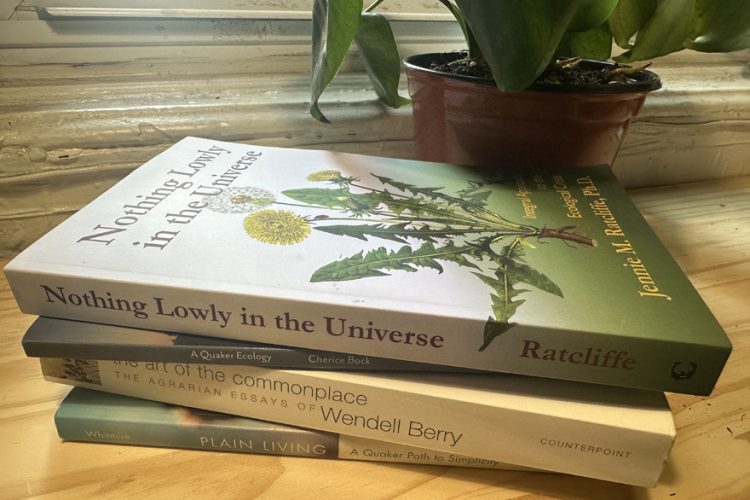Using Right Language in Our Earthcare Conversations

People of faith all over the world care deeply about climate change, and a group called Our Voices, which is a campaign for global multifaith climate action, asked UK-based nonprofit group Climate Outreach to design a study that would help us learn more about the type of language that is most helpful when we’re speaking to people of other traditions or faiths.
The group developed trial narratives and tested them with multifaith groups to see how language helps or hurts collaborative earthcare efforts. Here we point out some of the fascinating main findings of this study, but you can read more about the study and the report by using the link given at the end of this article.
Five big lessons when talking with others about climate change:
1. Be cautious with blame and fear.
2. Present threats and solutions in terms of core
values.
3. Promote rewards of stronger faith and belonging.
4. Create a narrative arc.
5. Find specific language for each faith within a
narrative theme.
FIVE NARRATIVES THAT WORK:
The study showed that these narratives worked well in a multifaith group, speaking to something true within each tradition and person:
1. Earth/Creation care: “God/the divine is manifested in/speaks through the earth/natural world around us. We have a sacred responsibility to care for the earth. The natural world is a precious gift.”
2. Moral challenge: “Climate change is a moral challenge. It is harming the poor and vulnerable – the very people our faith tells us to protect. We should care for these people, not worsen their lives. It is our responsibility to preserve the legacy of our parents and provide for the future of our children.”
3. Balance: “Climate change is disrupting the natural balance in the world. The seasons are coming at the wrong times. Climate change is a message that something is wrong.”
4. Action: “Our faith is our way of life. It is what we say and do every day. We have been arrogant, ignorant, greedy and wasteful. To fulfil our duty we will live by our principles, gladly living a simple, contented and fulfilled life. We recognise the need for action at all levels—government, business, nations and
community—and in our personal lives.”
5. Personal pledge: “Climate change is important to me and my faith. I accept this truth and will share it. I will make a commitment to change myself and defend/protect the world.”
LANGUAGE TO AVOID OR USE CAREFULLY:
A number of words and phrases tested negatively with participants, evoking fear or judgment and a sense of polarization. The study suggests that we be careful when using the following terms in relation to climate disruptions issues:
• Justice
• Natural limits
• Signs and tests
• Disobedience
• Proselytizing
• Religion
• Forgiveness
To learn more about the study, go to http://climateoutreach.org/resources/our-voices-4-page-overview/ and click the Download button to download the Global Multifaith Campaign Guide.


